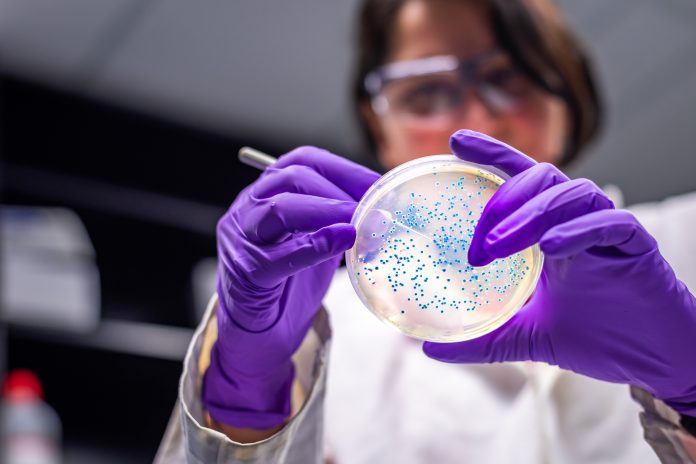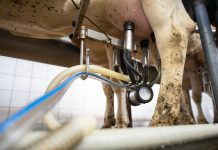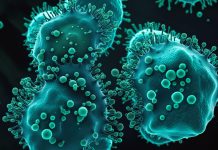Researchers discover an antimicrobial resistance, identifying molecules that can overcome efflux pumps and restore antibiotic effectiveness against pathogenic bacteria
Antimicrobial resistance, a pressing global threat, has rendered many clinical antibiotics ineffective against the dangerous bacteria.
In response, the Center for Antibiotic Discovery and Resistance at the University of Oklahoma, under the leadership of Dr. Helen Zgurskaya and Dr. Valentin Rybenkov, has been investigating novel therapeutic alternatives.
Targeting antimicrobial resistance, at its core
Bacteria can develop antibiotic resistance through efflux pumps, proteins on their surface that expel antibiotics before they can act. However, researchers at the University of Oklahoma have made a groundbreaking discovery published in Nature Communications.
They have identified a new class of molecules that effectively inhibit these efflux pumps, allowing antibiotics to retain their potency against the bacteria.
Unveiling the mechanism of antibiotic resistance
Until recently, the mechanism by which these inhibitors worked remained unclear. Collaborating with teams from the Georgia Institute of Technology and King’s College London, Zgurskaya’s team found that the inhibitors function as a “molecular wedge” that targets the region between the inner and outer cell membranes of bacteria.
This mechanism enhances the antibacterial activity of antibiotics, opening the door for developing new clinical therapeutics.
Hope in the post-antibiotic era
Dr Helen Zgurskaya, a George Lynn Cross Research Professor, and Dr Valentin Rybenkov, a professor of biochemistry, both from the University of Oklahoma’s Department of Chemistry and Biochemistry, expressed the urgency of their findings.
They emphasised that the world is already in a post-antibiotic era and will worsen without innovative solutions. Understanding the molecular basis of antibiotic resistance paves the way for effective new treatments to combat this impending crisis.
In summary, the University of Oklahoma researchers have taken a significant step in the fight against antimicrobial resistance. Their identification of molecules that inhibit efflux pumps provides hope for developing effective antibiotics to combat dangerous bacterial infections in the future.
Editor's Recommended Articles
-
Must Read >> Antimicrobial resistance and food safety in Europe
-
Must Read >> Antimicrobial Resistance – the time to act is now
-
Must Read >> Antibiotic apocalypse warning issued
-
Must Read >> Antibiotics provide no benefit to COVID-19 patients















